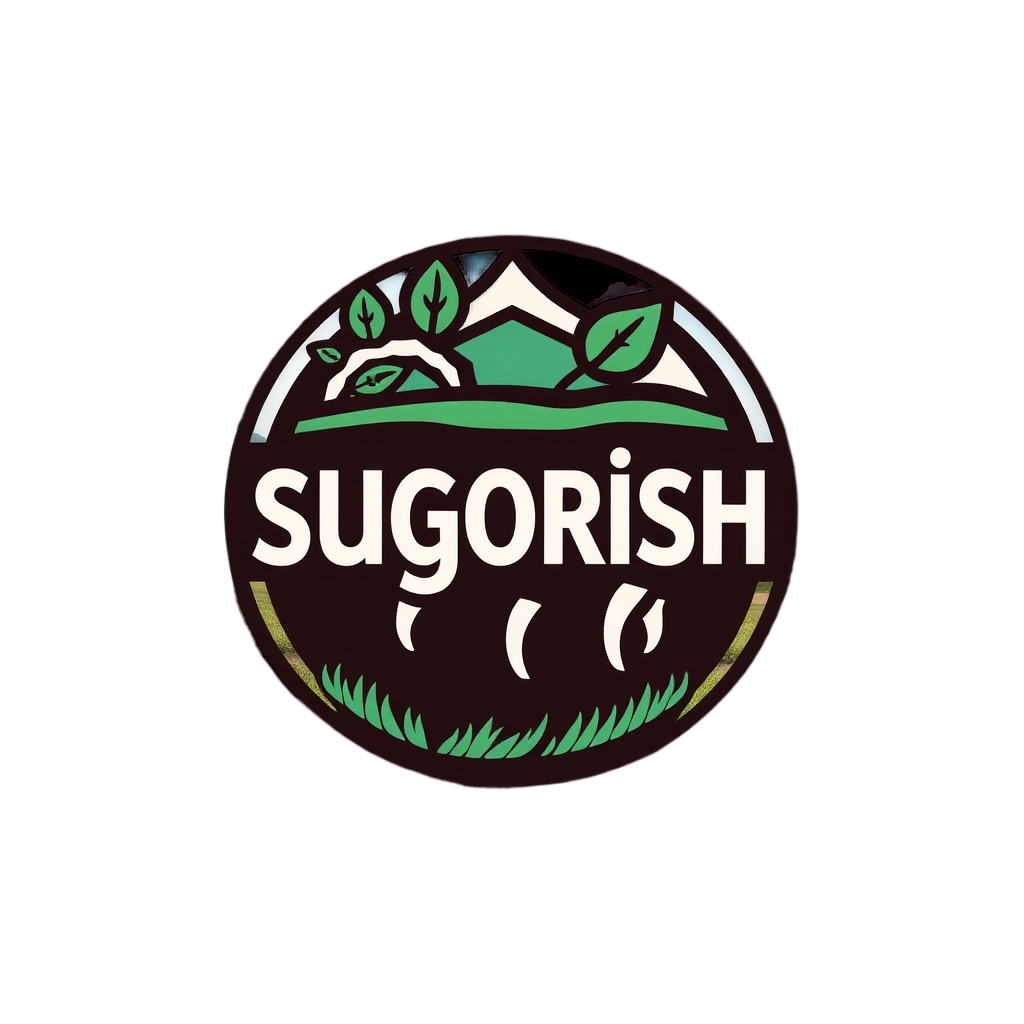1. Nutrition Optimization
- Balanced Diet: Ensure cows receive a balanced diet rich in energy, protein, vitamins, and minerals. High-quality forage, along with supplemental grains and proteins, can enhance milk production.
- Rumen Health: Include fiber to promote healthy rumen function and digestion efficiency. Adequate fiber helps maintain milk fat levels.
- Feed Efficiency: Utilize feed additives and enzymes that improve feed efficiency and nutrient absorption.
2. Herd Management
- Cow Comfort: Provide clean, comfortable, and spacious housing to reduce stress. Proper ventilation, bedding, and stall design are crucial.
- Milking Routine: Establish a consistent milking routine with gentle handling to minimize stress and maximize let-down.
- Monitoring: Use technology to monitor cow health and productivity, enabling early detection of issues affecting milk yield.
3. Health and Reproduction
- Disease Prevention: Implement a proactive health management program, including vaccination, routine health checks, and hoof care, to reduce stress and illness.
- Efficient Breeding: Maintain a sound breeding program focusing on traits related to milk production, such as fertility and genetic potential.
- Calving Interval: Optimize calving intervals to maintain a balance between milk yield and cow health.
4. Genetics
- Selective Breeding: Use genetic selection and artificial insemination (AI) to breed cows with desirable traits, like high milk production, fertility, and disease resistance.
- Genomic Testing: Employ genomic testing to identify and propagate superior genetics within the herd.
5. Environmental and Operational Practices
- Clean Water Supply: Ensure cows have continuous access to fresh, clean water, as it is vital for milk production.
- Stress Reduction: Minimize stressors such as overcrowding, noise, and extreme temperatures by providing shade, proper ventilation, and adequate space.
- Lighting and Day Length: Adequate lighting can influence milk production; extended daylight hours can stimulate increased yield.
Implementing these practices requires a holistic approach, where nutrition, management, health care, and genetics are all optimized to ensure cows are producing at their maximum potential without compromising their health and well-being.


